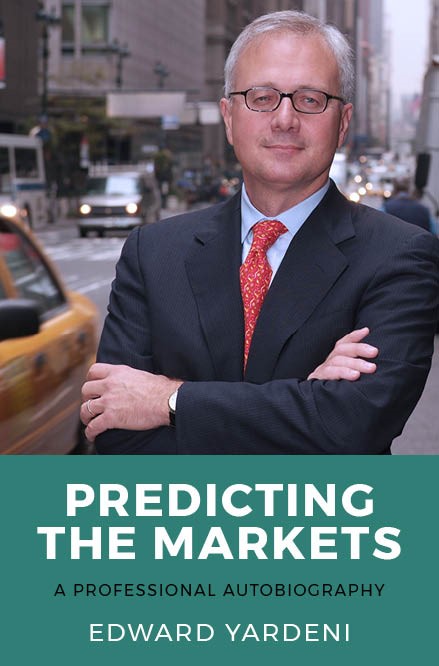No Place For Old Advisors And Old Clients? Not Really. Internet Offers Great Lectures For Free Hot
Write Review
That’s right. These outlets feature some of the most compelling and relevant speakers in the world, and it’s all for free. What’s more, watching many of the videos on these websites could serve as a jumping off point for meaningful discussions with staff and clients.
Consider: the @Google Talks program, which brings authors, musicians, innovators, and speakers of all stripes to Google for talks centering on their recently published books, and then posts videos of those talks online. Recently, Sheena Iyengar went to Google for such a talk.
Iyengar, for those unfamiliar, is a professor at Columbia Business School who researches “choice” and how too much choice can overwhelm people. Iyengar, who is the author of "The Art of Managing all our Choices," is best known for her research on how plan participants are often overwhelmed by the number of investment options in their 401(k) plan and as a result make imprudent decisions with their money.
From my perspective, advisors who watch the video of Iyengar’s talk at Google (and who instruct their clients to watch that video) will be able to help their clients make better informed decisions with their 401(k) plans.
Or consider a recent lecture on TEDTalks by Tali Sharot, Ph.D. who is the author of “The Optimism Bias: A Tour of the Irrationally Positive Brain.” Sharot spoke about the “optimism bias,” which is the human tendency to overestimate the likelihood of experiencing good events in our lives and underestimating the likelihood of experiencing bad events in our lives.
Again, advisors who watch Sharot's lecture and who instruct their clients to watch that lecture would be able to have a meaningful conversation about a bias that affects 80% of humans. Advisors could, for instance, discuss with their clients whether and how they are affected by the optimism bias, and what changes or not to make in their finances and lives because of it. Advisors could also use Sharot’s video to reinforce the need for a financial plan and the need to revisit that plan on a regular basis.
By way of background, Zvi Bodie, an economics professor at Boston University, is among those often sending links of videos to me to watch. (He sent me the link to Sharot's lecture.) I also subscribe to YouTube channels where subject matter experts and financial advisors, such as Stewart Welch, III and John Comer, are posting videos, too.
A Good Place For Some Advisors
At least one advisor, reports using online video lectures for his own benefit and that of his staff. “I happen to really like TED,” says Sean Dowling, CFP, EA, the president of The Dowling Group. “I have gotten some great ideas from TED particularly on communicating. My staff enjoys watching the videos over lunch then we use it to spur discussion.”
One of his favorites, for instance, includes a lecture by Simon Sinek, “How Great Leaders Inspire Action,” on TEDTalks. “His ideas are so simple yet so relevant,” says Dowling. “It gives a practical understanding of how great leaders and inventors have inspired followers into action. These ideas in particular are very actionable. Some of his theory has become the standard by which we measure our communications."
Dowling says his firm views many videos that are geared towards communication. “We are always seeking better ways to communicate with our clients and future clients,” he says. “I am not aware of other financial advisers/firms that do this but I imagine we are not the only ones.”
No Place For Old Clients?
It's hard to say whether Dowling is or is not one of many advisors using online videos. But we did find at least two advisors not using video lectures posted on the web. For instance, Thomas Murphy, CFP, the founding partner of Murphy & Sylvest reports not using any of the aforementioned websites, mostly because he’s never “heard of them.” and Tracy St. John, a financial advisor, with Financial Avenues, says she doesn’t use any of media outlets mentioned, though she’s interested in using them in the future.
In general, Murphy says the use of technology has great value for younger or more technologically literate clients. “I have found many older clients do not understand or wish to use even email much less more advanced technology,” he says. For a number of my clients the process of logging on to a computer is itself a source of great anxiety.”
Murphy says clients over age 40 tend to enjoy face-to-face meetings because they value the relationship. By contrast, those younger than age 40 care more about technical proficiency and believe their advisor is not competent unless he/she is using modern technology, he says. “This younger crowd is the primary market for use of webinars and other videoconferencing tools,” Murphy says. “Of course, there are exceptions to every rule but we have found this pattern generally holds true with our clients perhaps because our clients tend to be skewed more toward the mature end of the age spectrum.”
For the record, Murphy doesn’t use webinars with his clients but plans to. “I believe webinars for quarterly update meetings would be very popular,” he says.
Bodie, for his part, offers this advice to advisors who don’t use TEDTalks or @Google Talks: “Everyone should.”
This Website Is For Financial Professionals Only
User reviews
There are no user reviews for this listing.









